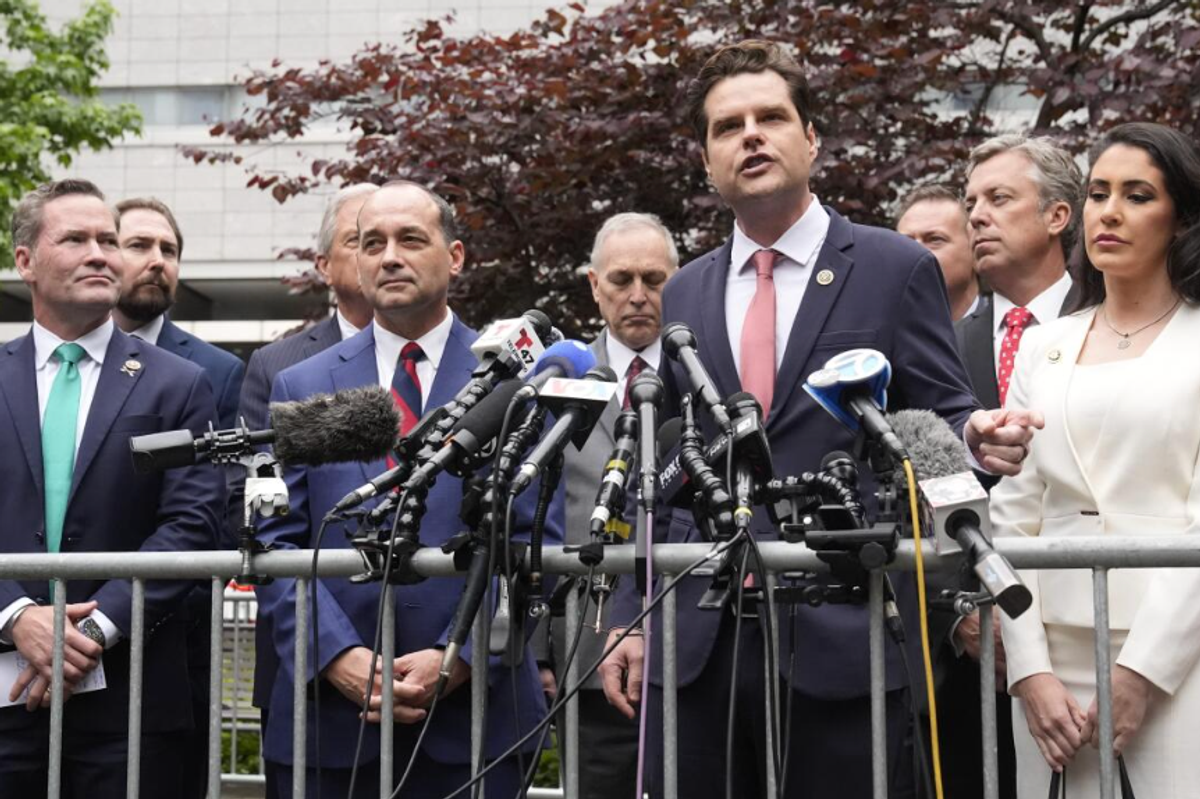
It’s often noted that liberals and conservatives tend to see the world differently. But if the Republican National Convention is any indication, liberals and conservatives inhabit not just different worlds but different galaxies — far, far away from each other.
The world in which Republicans live is a grim and frightening place, a landscape of constant terror and crime, of collapsing moral values and inept and unethical government elites. The nation they live in is in free fall, no longer respected by allies or feared by enemies, no longer a leader in world affairs.
The Republican presidential nominee, Donald J. Trump, has said that the U.S. military is “depleted,” that American cities have “exploded” with crime, that American leaders are “stupid.” He put it this way in a recent speech: “If we don’t get tough, and if we don’t get smart, and fast, we’re not going to have our country anymore. There will be nothing, absolutely nothing, left.”
It’s no wonder that Trump’s campaign theme is “Make America Great Again.” If the nation is coming unglued, there should be plenty of support for a man promising to restore its former glory.
But what if there is a polar-opposite view of the current state of things, an analysis of our domestic and foreign affairs that suggests things aren’t so bad? Hillary Clinton, the presumptive Democratic nominee, certainly has a different view than Trump; she can point to a raft of statistics that show the gloom and doom in which her opponent trades is more than a bit exaggerated.
Let’s start with security, which has been a top concern among Trump’s supporters. Several speakers, notably former New York City Mayor Rudy Giuliani, devoted their time at the podium to nerve-fraying rants about the threat of Islamist terrorism. Others insisted that Trump would restore “law and order” to a land where precious little of that now exists.
Certainly, attacks by radical jihadists have frightened American voters, pushing even some dovish liberals to call for a more aggressive military response to the Islamic State and its followers. Still, terrorist attacks on U.S. soil are hardly routine. In the years since 9/11, fewer than 100 people have been killed in assaults here at home by terrorists associated with radical Islam. For the sake of comparison, more than 38,000 people were killed in car accidents in 2015 alone.
As for ordinary crime, the United States is much safer than it used to be—even factoring in the recent uptick in homicides in a few American cities. In 2015, the violent crime rate continued to decline, according to FBI statistics, as it has for the last three decades. The rate of violent crime in the country is about half what it was in 1990.
What about police officers? Aren’t they victims of what some have called a “war on police”? Certainly, there is no overstating the sense of siege that has overwhelmed police departments around the country after separate barbaric attacks killed five officers in Dallas and three in Baton Rouge.
But the data don’t suggest any war on police. In 2015, according to the Officers Down Memorial Page, 39 officers were killed by gunfire. In 1990, 60 officers were lost to gunfire; in 1995, 70. Again, the broader trends seem headed toward police work as safer, not less so.
Fear, though, isn’t the only emotion that infuses the GOP universe. There is anger, too—a rage against lost status and imagined slights that has found a convenient target in Clinton, Trump’s rival. Though she has never even been charged with any crime—FBI director James Comey criticized her for being “extremely careless” with her emails—she has been indicted and convicted by Republican activists, whose chant on the convention floor, “Lock Her Up! Lock Her Up,” was chilling.
This fearful and angry worldview cannot be attributed simply to political polarization. Nor is it merely the inevitable consequence of years of escalating rhetoric by pols seeking money and votes, though that has certainly played a part. This is a sign of something deeper and more troubling: a nation whose citizens are separated by a light-years-wide chasm that seemingly can’t be bridged.
Cynthia Tucker won the Pulitzer Prize for commentary in 2007. She can be reached at cynthia@cynthiatucker.com.
Photo: U.S. Republican presidential nominee Donald Trump supporters carry a banner at the Republican National Convention in Cleveland, Ohio, U.S. July 21, 2016. REUTERS/Mike Segar


